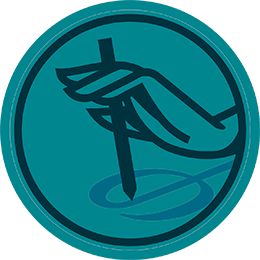Littera Scripta. Revista de Filosofía.
Palabras clave: Spinoza, Verdad, Método, Definición Genética, Criterio de la Verdad.
Keywords: Spinoza, Truth, Method, Genetic Definition, Criterion of Truth.
Resumen
En este artículo pretendo reconsiderar y desarrollar una objeción hecha por Harold Joachim a la concepción del método desarrollada por Spinoza en el TIE. En concreto, se trata de la circularidad en la que incurre Spinoza al momento de determinar cuál es el mejor tipo de percepción. Mostraré que esta objeción cobra fuerza si se atiende a que, dado que el método requiere partir de una idea verdadera dada, la puesta en marcha del método es dependiente de la previa elección del mejor tipo de percepción. Y, dada la prioridad de la definición, Spinoza no puede decidir cuál es el mejor tipo de percepción sin asumir al inicio cuál es la naturaleza del entendimiento, pero justamente este conocimiento es lo que el despliegue del método pretende alcanzar. Concluiré este artículo distinguiendo dos maneras de comprender la puesta en marcha del método (una estática y otra dinámica), siendo solo una de ellas susceptible a la objeción de Joachim.
Abstract
In this paper I aim to reconsider and develop an objection posited by Harold Joachim to the conception of method developed by Spinoza in the TIE. In particular, the circularity in which Spinoza is guilty when he determines which is the best type of perception. I will show that this objection is sound if we notice that, given that the method must start with a given true idea, the implementation of method depends on the previous best type of perception choice. And, given the priority of the definition, Spinoza can’t decide which type of perception is the best without assuming at the very beginning what is the nature of the understanding, but this knowledge is exactly what the implementation of method seeks to achieve. I will finish this paper with a distinction between two ways of understanding the implementation of method (one static and other dynamic), being just one of them open to Joachim’s objection.

2021-12-25
Artículos
Derechos de autor 2021 Esteban Sepúlveda Caro
Esta obra está bajo una licencia internacional Creative Commons Atribución-NoComercial-SinDerivadas 4.0.